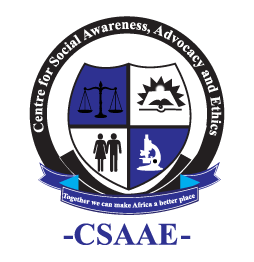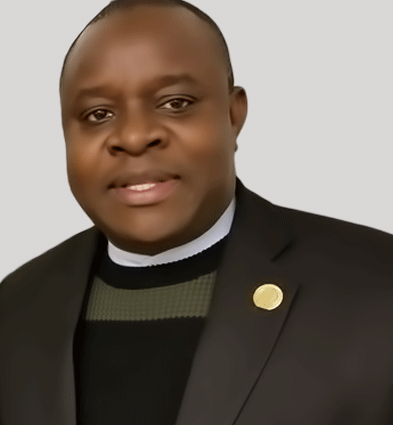Whistleblowers play a crucial role in upholding transparency and combating corruption. As defined by the Economic Times, a whistleblower is an individual who exposes wrongdoing, such as fraud or corruption, to the public or authorities. In Nigeria, the Corrupt Practices and Other Related Offences Act 2000, under Section 27 (1), empowers citizens to report corruption to the Independent Corrupt Practices and Other Related Offences Commission (ICPC), either orally or in writing.
Notably, Sections 27 (2) and (3) of the Act outline the process for reporting corruption to the Commission, ensuring that reports are handled appropriately. Subsection 4 is particularly significant as it allows for anonymous reporting, safeguarding the identity of the whistleblower. Moreover, this subsection prohibits the disclosure of reports to anyone other than ICPC officers or the Attorney-General until the accused individual is arrested or charged.

While the Act encourages the reporting of corruption, some individuals may still hesitate to come forward due to safety concerns. To address this, the ICPC has established various channels for submitting complaints and reports of corruption. These include electronic avenues such as email (info@icpc.gov.ng), the ICPC website (https://icpc.gov.ng/contact-us/), social media platforms, and toll-free lines (0800-2255-4272, 0803-123-0280).
In a bid to enhance transparency and accountability, the ICPC has introduced Anti-Corruption and Transparency Units (ACTUs) in Ministries, Departments, and Agencies (MDAs) across Nigeria. These units, serving as decentralized ICPC offices, are empowered to receive reports of corruption, conduct investigations, and recommend corrective measures. While ACTUs lack prosecutorial powers, they provide whistleblowers with an additional avenue to report corruption within government entities.
By promoting a culture of accountability and protecting whistleblowers, the Corrupt Practices and Other Related Offences Act 2000 strengthens Nigeria’s anti-corruption framework. Whistleblowers are essential in exposing malpractice, fostering integrity, and deterring corrupt practices. The establishment of ACTUs further demonstrates the government’s commitment to combatting corruption at all levels.
In conclusion, the protection and support provided to whistleblowers under the Act are vital in promoting a culture of transparency and accountability. It is imperative that individuals feel safe and empowered to report corruption, knowing that their identities will be protected. Through collaborative efforts between citizens, the ICPC, and ACTUs, Nigeria can continue its fight against corruption and strive towards a more accountable society.
Asibong Asi
Programme Officer, Advocacy
CSAAE


